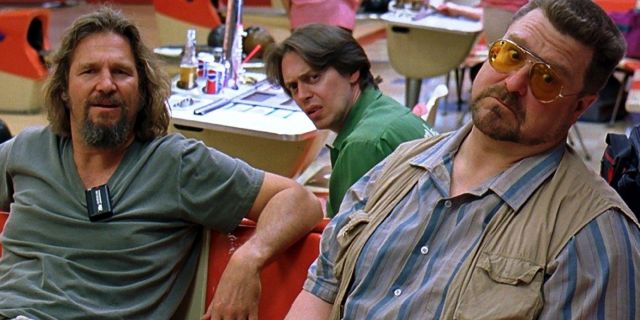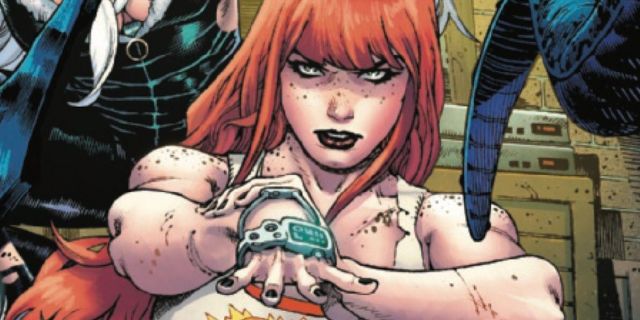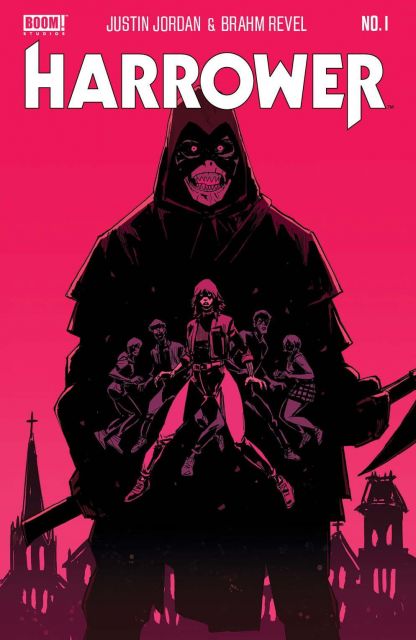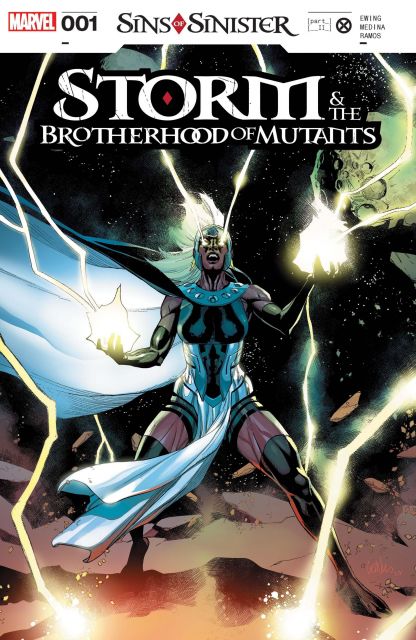The Coen Brothers are undoubtedly all-time great filmmakers. The brothers burst into mainstream filmmaking with 1987’s Raising Arizona and have gained a following for their incredible filmography. With classic films such as Fargo, Oh Brother, Where Art Thou?, and No Country For Old Men, the Coens are known for their depth and subtle movies that are appraised universally; then there’s the often divisive 1998 film The Big Lebowski.
The Big Lebowski is a neo-noir comedy movie about a slacker named Jeffrey Lebowski, known as “The Dude,” who is drawn into a major case involving a missing woman where he is the middleman for a man with the same name as himself, but he actively tries to avoid the film’s conflict altogether. The movie was met with mixed reviews by fans and critics but later became well-regarded by both, though detractors still exist. As polarizing as this movie was, there’s something that needs to be understood: the detractors misunderstood the film.
The Big Lebowski Subverted Natural Story Structure

It’s hard to discuss The Big Lebowski without understanding that every script and story has a formulaic element. Whether it’s the hero’s journey, boy meets girl, or human vs. nature, stories have a natural setup and pay off. Every story has an inciting incident, and the story develops and changes as information and action are presented; a climax is reached, the main character undergoes personal growth, and an irreversible change takes place by the story’s conclusion. Every story follows this simple plan, and every character arc and story must invoke change.
The Big Lebowski’s job as a film isn’t to tell a story of change but of The Dude remaining true to what he is. The point of the movie was to show the journey of a man who sees his initial inciting incident and outright refuses it. The Dude is met with numerous life-changing situations, such as when he finds out he’s meant to be the middle man of a ransom plot and when he meets the femme fatale who wants a child, but these don’t excite The Dude. He’d rather be a slacker than a hero.
The structure is meant to completely flip the standard story; in fact, the story is largely inconsequential by the conclusion. The kidnappings plot is revealed to be a complete farce, and all the characters involved were a part of a fool’s errand. Hilariously, the only person who truly wasn’t affected by this revelation was The Dude, who never bought into the plot from the beginning. The laziest character in the film is the one who doesn’t lose or gain anything, which is one of the most powerful aspects of the movie.
‘The Dude Abides’ Is a Thematic Statement

Perhaps the most iconic line in The Big Lebowski is “The Dude Abides.” This sounds like a fun line, but the deeper meaning is what the film is about: remaining true to oneself. The Dude never sought change or wanted to go on an adventure. He never even wanted responsibility; he just wanted to live his comfortable life without pause. His goal was to remain the same and as far away from stress as possible, and both his actions and dream sequences reflect this.
Three major scenes emphasize aspects of his character. First is the motif of bowling, where both his daily life and dreams focus. As a bowler, the ball travels the same path no matter what and returns to the beginning, which is a reflection of The Dude himself. He’s not dreaming about adventure but about his average life. Even in the climactic battle where he and his friends fight off a group of men trying to get the ransom money, The Dude pulls out what money he has and asks to go. The Big Lebowski wasn’t about him learning a great truth but about a man staying true to who he is as the world changes around him.
The Big Lebowski isn’t a typical film, but that’s a part of its legacy. The movie sets up as a standard crime noir, but The Dude’s apathy in the face of adversity sells the comedic elements; where the film becomes great is in its subversion of a character arc. The Dude wasn’t supposed to learn or overcome anything. The Dude wanted to live the life he was happy with, and in the end, he succeeded. Thus, The Dude abides.















Leave a Reply